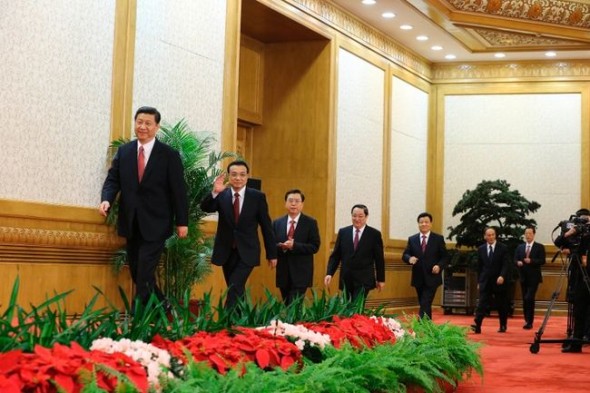
China’s organ transplant policy still a troubling situation
By Peter Worthington, QMI Agency
November 18, 2012
[We found this syndicated column article in the Toronto Sun]
Instead of elections as we know them, the Communist Party in China holds a congress that, among other issues, formally changes the leadership of that country.
It’s not a coup, or power grab, but a transition, implemented periodically (about once a decade) to revitalize and re-energize the party to cope and introduce changes perceived as necessary.
The 41-member presidium approves the names of some 350 people for the Central Committee, and the 2,200 Congress delegates vote them into office. Not “democracy” as we understand the word, but it works for China.
The Central Committee has now approved a new state president and party boss — Xi Jinping to replace Hu Jintao. The vote was a formality, since the decision had already been made by others. It opens the way for changes that are deemed necessary, but are more easily implemented when the leadership is changed. Face is saved, and all that.
More interesting, and perhaps more significant, is that the Congress more or less coincided with an announcement that China intends to “phase out” its practice of harvesting the organs of prisoners on death row, for sale to foreigners.
This is a radical change of policy, about which Western politicians tend to avoid comment for fear it may disrupt trade negotiations with China.
In Washington, D.C., Doctors Against Forced Organ Harvesting (DAFOH) quoted a World Health Organization (WHO) bulletin in which Dr. Haibo Wang, a bigshot in China’s medical hierarchy, announced that death-row organ harvesting would cease.
This is the same Dr. Wang who has denied in the past that China uses prisoners as a source for transplant organs.
Although no timetable for ending the practice has been announced (it began 25 years ago), Dr. Wang praised China’s “transparency” in admitting it used death-row inmates for organ transplants. At a transplant congress in Vancouver in 2010, Dr. Wang defended China’s secrecy in “shutting down public access to data on the China Liver Transplant Registry website.”
In announcing the change in policy, Dr. Wang insisted “many major transplant countries” use organs from executed people. DAFOH denies this, and says “no country other than China ever relied on executed prisoners as their donor source.”
Using the organs of executed prisoners (who China has said “volunteered” their organs), is far different from allegations that China uses political dissidents — mainly Falun Gong practitioners — as a source for transplant organs.
Former Canadian cabinet minister David Kilgour and human rights lawyer David Matas have pioneered investigations into China’s organ transplant system, and the evidence they’ve collected is pretty conclusive.
In their report they noted that of 60,000 organ transplants in China between 2000 and 2005, 18,500 were from identifiable sources (i.e., executed prisoners), leaving 41,500 from unexplained sources. Their implications are that these were dissidents from Falun Gong — a philosophy based on meditation and gentle exercise.
Transplants are big business. In China, a new heart costs up to $160,000, kidneys $60,000, a liver $30,000. And while the wait time for a kidney transplant in Canada is up to three years, in China the wait is one or two weeks.
In 1999 there were 22 liver transplant centres in China — six years later there were 500. Kidney transplant centres tripled to 360 during that period.
While transplanted organs from executed prisoners may be ending, it may well mean that Falun Gong dissidents will now be the main source for organs.
